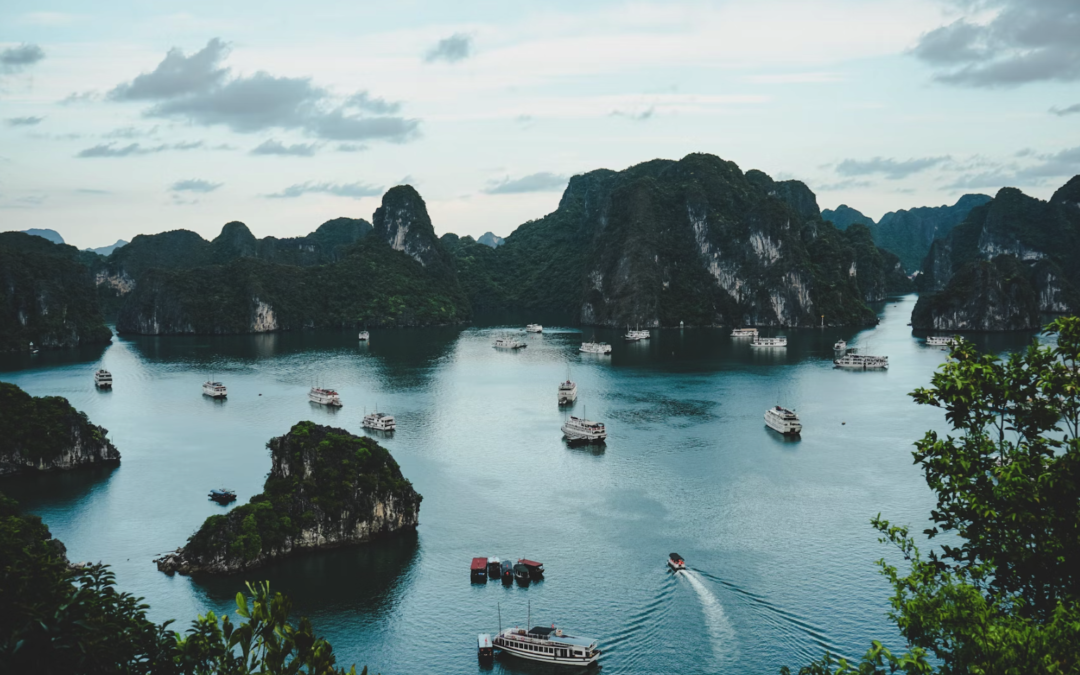Image credit: Ammie Ngo via Unsplash.
September 27th marksed World Tourism Day. This year’s theme is “Rethinking Tourism” and celebrates the shift toward tourism being recognized as a key component of economic growth and progress. The levels of international tourism at the beginning of 2022 doubled that of 2021. In some areas, tourism has already reached, or even surpassed, pre-pandemic levels. This year’s theme aims to encourage a conversation about reevaluating tourism for development and what role tourism plays on our planet.
In May 2022, the United Nations General Assembly convened for the first high-level thematic debate focused on “putting sustainable and resilient tourism at the heart of an inclusive recovery”. This debate had three thematic roundtables: “Leaving no one behind through inclusive tourism”, “Accelerating a climate-friendly transformation”, and “Re-invigorating investments in sustainable tourism”. This special debate signifies that tourism is now on the agenda of governments and international organizations in every global region.
Nations and corporations are proactively shifting in to satisfy the responsibilities laid out in the Glasgow Declaration on Climate Action in Tourism, led by the United Nations World Tourism Organization (UNWTO).
“Around the world, in countries at all development levels, many millions of jobs and businesses are dependent on a strong and thriving tourism sector. Tourism has also been a driving force in protecting natural and cultural heritage, preserving them for future generations to enjoy”
Zurab Pololikashvili, Secretary-General of the UNWTO
The UNWTO believes that tourism is the major link to facilitating understanding. They believe tourism can help to promote peace amongst people all over the world. The significance of international unity and shared values that define tourism and our shared humanity will triumph. With tourism, the UNWTO hopes diplomatic efforts to sidestep conflict will succeed.
OneNature has analyzed the many advantages of wildlife. For many communities, generating a livelihood through ecotourism and other sustainable wildlife-based businesses is crucial, but the advantages of conservation for communities are much broader. Healthy ecosystems are vital for providing livelihoods, food security, clean air, clean water, and other essential services for both humans and animals. Healthy wildlife offers countless cultural and spiritual advantages that have been significant to communities throughout history, as well as benefits to the mental and physical health of people, both local and tourists. OneNature thinks it’s important to recognize how communities are linked to native wildlife in different ways and to understand community wellbeing as going beyond just economic wellbeing. We must promote communities in devoting more attention to initiatives and projects that increase their capacity to withstand shocks like a decline in tourism revenue, effects of climate change on ecosystems, pandemics, and other stressors. The focus of society can start to shift from rebuilding to support our economies to rebuilding to support our wellbeing.
